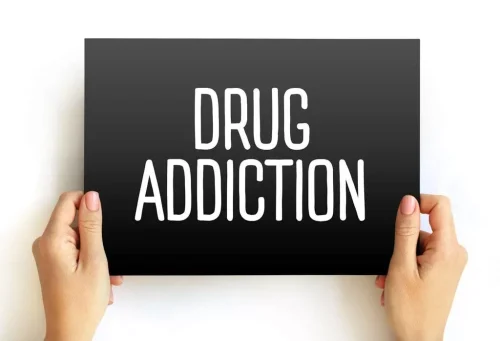
By perpetuating such behavior, people can end up damaging meaningful relationships — yet another effect of alcohol-based aggression. While anger is an emotion you experience when you feel threatened, aggression is a hostile behavior that results in physical or psychological harm to yourself or others. Some individuals exhibit “trait anger,” a personality trait that means they continually look for triggers that make them angry.

Cut down together with your partner or friends
You can even write out ways that you might be able to better handle yourself in the future should you find yourself in a similar situation that made you angry. If you are concerned that you or someone you care about has a problem with alcohol there is a lot of help available. Here you can find useful links and phone numbers to get the support you need. If you have been the victim of violent or aggressive behaviour, report it to the police. Call 999 if anyone is in immediate danger, 101 it it’s not an emergency, or you can report crime to the police online.

Domestic Violence

Drinking can affect your emotional experience as it can limit your inhibitory emotions. Here are the common emotional experiences you need to explore before visiting your favorite bar. Minor provocations that might typically be manageable can escalate into heated confrontations or aggressive outbursts when alcohol is involved.

Living with a High-Functioning Alcoholic: Signs and Support
If you have a natural tendency to be angry, drinking alcohol may cause you to become aggressive. Anger is an essential emotion, but if your anger seems out of control or is affecting your relationships, you may have anger issues. Alcohol is a contributing factor in approximately half of all violent crimes committed worldwide. Obsessive-compulsive disorder (OCD) is a mental health disorder involving obsessive thoughts and compulsive behavior. A person with OCD has unwanted, disturbing thoughts, urges, or images that drive them to do something repetitively. Detoxing should be done under the care and supervision of trained medical professionals and can be done at either a local medical facility, a dedicated detox center, or a treatment center that also offers medical detox services.
Anger issues management
However, it’s essential to recognize that not all individuals who consume alcohol will exhibit aggressive behavior. Contrary to popular belief, anger is not the sole emotional experience while drinking. While some individuals may indeed experience heightened anger under the influence of alcohol, others may encounter a range of emotions, including happiness, sadness, or even euphoria. Under the influence of alcohol, individuals may find it more difficult to control their impulses and manage their emotions effectively, leading to a heightened susceptibility to feelings of anger and frustration. For individuals already dealing with anger issues, alcohol can intensify and magnify these underlying challenges.
They may overreact to situations with angry outbursts that are out of proportion to the situation. Alcohol is used to suppress many different emotions that a person either alcoholic rage syndrome doesn’t want to deal with or doesn’t know how to deal with, including anger. When someone doesn’t express or healthily deal with anger it manifests and boils up within.
- If exercise or mediation isn’t your thing, you might want to consider working through your anger in a written way.
- Factors like underlying personality traits, neurochemical makeup, and even the presence of disorders like antisocial personality disorder (ASPD) can influence alcohol-related aggression.
- If a health professional has diagnosed you with anger management problems, you may find these get worse when you drink.
- Alcohol impairs a person’s executive functioning, making it harder for them to think clearly and make rational decisions.
- Ultimately, Timmy would lead to the death of Paul’s girlfriend who drowned in a boating accident that Paul (in drunken Timmy mode) was responsible for.
- Brief tools are available to help non-specialists assess for AUD and screen for common co-occurring mental health conditions.
- An example would be if you were to get cut off by another driver on a busy or chaotic highway.
- Among the many studied physiological and behavioral effects of alcohol is disinhibition, or reduced control over impulses or urges after intoxication.
